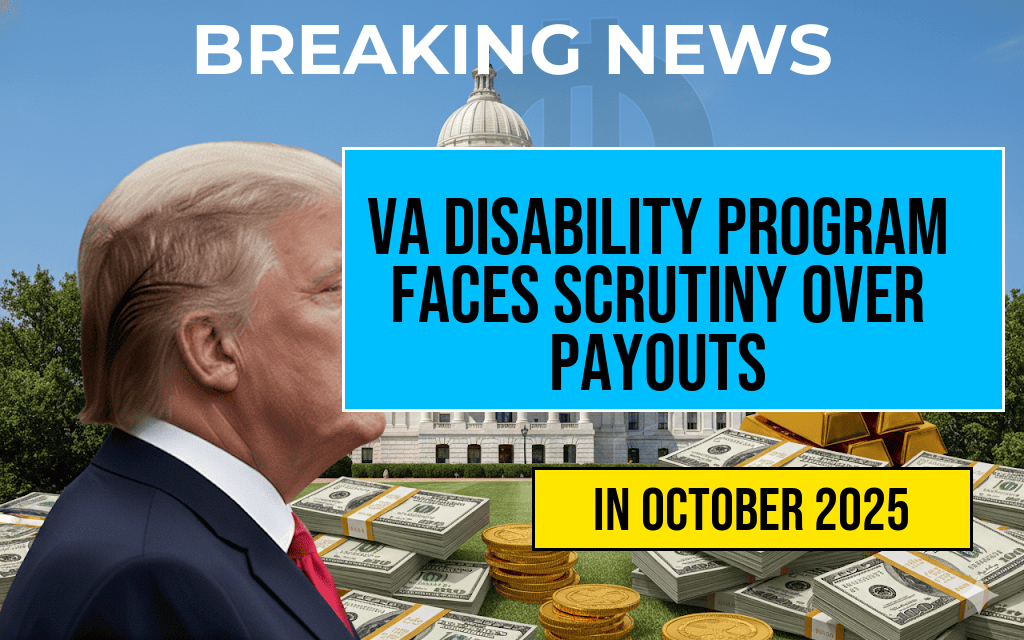Voters are expressing their discontent following a recent decision by the city council to postpone the implementation of tipped wage parity until 2034. This ruling affects the income of service workers who rely heavily on tips to supplement their earnings. The change comes amidst wider discussions about the $10 minimum wage, which has raised concerns about financial stability for workers in the hospitality and service sectors. With inflation and cost of living on the rise, advocates argue that this delay will exacerbate existing disparities and undermine the financial security of thousands of households across the city.
Understanding Tipped Wage Parity
Tipped wage parity refers to the alignment of the minimum wage for tipped employees with the standard minimum wage. Currently, many states allow employers to pay tipped workers a lower base wage, with the expectation that tips will make up the difference. As of now, the city has set the minimum wage at $10 per hour, which is significantly lower than the standard minimum wage in many areas.
The Council’s Decision
The decision to delay tipped wage parity has been met with criticism from various voter groups and labor organizations. Proponents of the change argue that service workers should not be penalized for their profession and that all workers deserve equitable pay. The council’s decision has sparked protests and calls for a reevaluation of the minimum wage policies in light of rising living costs.
Implications for Workers
For many workers, the delay in implementing tipped wage parity means continued financial uncertainty. The following points summarize the potential implications:
- Income Stability: Many service workers depend on tips to make ends meet. A lower base wage can lead to financial instability, especially during slow business periods.
- Increased Poverty Rates: Delaying wage reforms can contribute to higher poverty rates among service workers, many of whom are women and people of color.
- Worker Retention: Low wages may lead to higher turnover rates in the service industry, impacting the quality of service and customer satisfaction.
Community Reactions
The community’s response has been vocal and varied. Numerous rallies have taken place, highlighting a growing frustration among voters. Workers from various sectors have joined forces to demand better wages and working conditions. Many advocates argue that the city council’s decision reflects a broader trend of neglecting the needs of low-wage workers.
Support for Change
Supporters of immediate wage increases assert that raising the minimum wage is not just a matter of fairness but also economic necessity. By providing workers with a livable wage, they argue, the city could stimulate local economies and reduce reliance on social services. Some studies suggest that increasing the minimum wage could lead to higher consumer spending, which benefits businesses in the long run.
Opposition Perspectives
Opponents of raising the tipped wage argue that higher wages could lead to increased prices for consumers, which might hurt the very workers the policy aims to help. Restaurant owners and other business leaders have expressed concerns about their ability to sustain operations under higher wage mandates, fearing layoffs or reduced hours for employees.
Looking Ahead
As the debate continues, the implications of the council’s decision will likely be felt across the entire community. Workers, advocates, and business owners will need to navigate the complexities of wage policy in the coming years. The call for action is strong, with many urging the council to reconsider its position in light of the evolving economic landscape.
Further Reading
For more information on the impact of minimum wage policies, you can visit the following resources:
Frequently Asked Questions
What does the council’s decision on tipped wage parity entail?
The council’s decision has delayed the implementation of tipped wage parity until 2034, meaning that workers who earn tips will not see their base wage align with the standard minimum wage as previously expected.
How will the $10 minimum wage affect workers’ paychecks?
The introduction of the $10 minimum wage is expected to impact paychecks by providing a baseline income for all workers. However, with the delay in tipped wage parity, those relying on tips may not experience a significant increase in their earnings.
Why are voters challenging the council’s decision?
Voters are challenging the council’s decision because they believe it undermines the goal of achieving wage equality for tipped workers, who often face financial instability due to reliance on variable tip income.
What are the implications of the delay until 2034?
The delay until 2034 means that tipped workers will continue to earn a lower wage compared to non-tipped workers, potentially exacerbating issues of income inequality and impacting their overall financial security.
What actions can voters take in response to this decision?
Voters can mobilize to advocate for a reconsideration of the council’s decision, engage in public discourse, and push for legislative changes that would expedite the implementation of tipped wage parity to ensure fair compensation for all workers.








